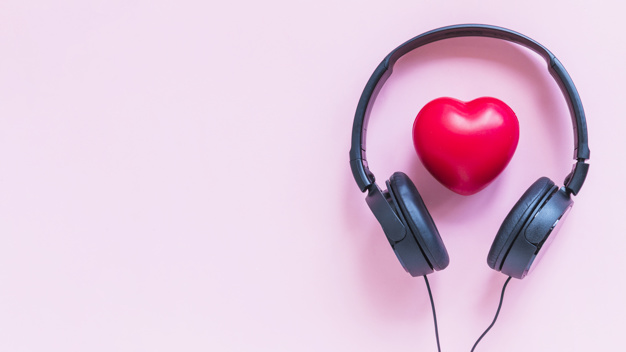By: Bernadette Shanti
The world is battling with one of the biggest health crises caused by COVID-19. Quarantine policies taken as the measure have hit education institutions severely. Students have been learning from home for almost a year now. That would mean, they have undergone a huge psycho-social experience.
Despite the benefits distance learning has offered students during the pandemic, they are now engaged in prolonged screen time and limited both indoor and outdoor physical activities. Having that in mind, educational experience has radically changed. Teachers and parents should pay adequate efforts to recognize and address students’ mental health challenges, especially during the pandemic, for complications could have long-term consequences on their health and education.
How can we help?
We know a lot of people study and work while listening to music.
Does music help us focus or is it, in contrast, disruptive?
That is the conclusion of Teresa Lesiuk, Ph.D., a professor for the music therapy program at the University of Miami Frost School of Music, after conducting a research on music and productivity.
In her research (The Effect of Music Listening on Work Performance; 2005), the participants who listened to music they enjoyed, completed their tasks faster and came up with better ideas than those who didn’t, because music helped them feel better and improved their mood. Music with slow to moderate speed can be chosen.
Some people, however, do think that some types of music worsen their productivity. Several other studies have shown that popular songs interfere with reading comprehension and information processing for listening to them while working is considered multitasking. Based on these studies then, music can have a positive effect in work, but its effects on productivity depends on the situation and the type of music.
What type of music boosts productivity?
When a song with lyrics tends to be distracting, instrumental or classical music can be opted. Classical music is known for being calming, relaxing, and helping reduce stress. Some music can also lead our brain to alpha state. When our brain is producing alpha waves, it can reduce stress level and help us feel calmer. Alpha states happened commonly when we just wake up or get relax before going to bed. We are awake but not really concentrating on one thing. Dr. Emma Gray, a cognitive behavioral therapist, found that listening to music set in the 50-80 beat range can put the brain into an alpha state.
Students can try Pomodoro music playlist available on YouTube. Pomodoro is a time management method developed by Francesco Cirillo in the late 1980s. The technique uses a timer to break down work into intervals, traditionally 25 minutes in length, separated by short breaks. Hence, the playlist will play music to help us focus for 25 minutes. Then, it will give a 5 minutes break before we continue to the next 25 minutes. By helping the brain relax, students can focus and study better, for music also helps strengthen our memory skills.



